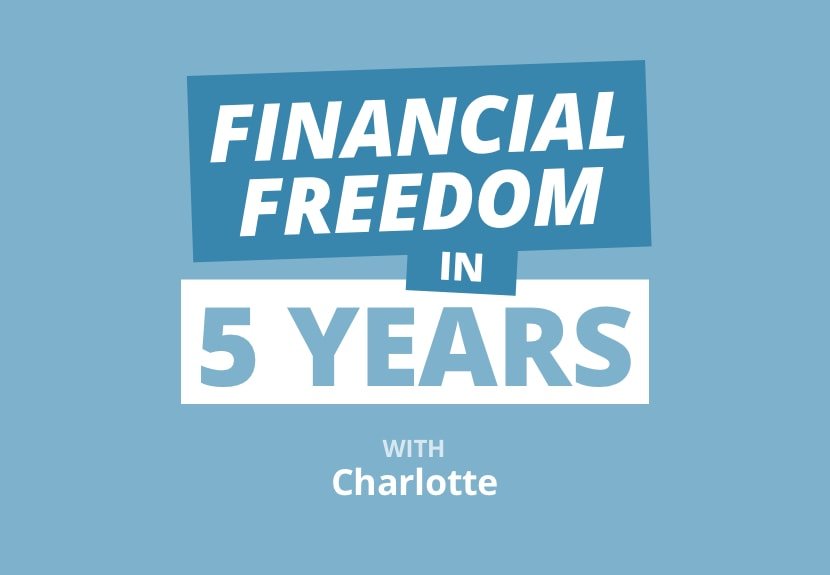[ad_1]
That’s just one of the reasons paying off mortgage debt should be on every homeowner’s priority list. It can also save you tons of money in interest fees. That doesn’t mean you don’t have other potentially lucrative options, though. To determine if you should prioritize your mortgage debt, you’ll need to consider both the pros and the cons of paying off your mortgage. Is it better to pay on your mortgage now to save on fees later, or to invest your money instead?
To help, take a read of these scenarios.
Reasons to pay off your mortgage, first
The single-biggest reason to prioritize paying down your mortgage is that it saves you money.
Every time you make a mortgage payment, that payment is split into two distinct parts: the principal and the interest. The principal is the amount of money you borrowed and still owe. So, if you borrow $100,000 and repay $25,000, then the principal owed is $75,000. The interest is the fee you pay to the lender in order to borrow that money. It’s the cost you pay to use someone else’s money to buy an asset.
In general, the interest on a mortgage loan is expressed as a percentage. And the calculation of how much you owe is amortized—meaning the period of time you’re paying it back. This enables the lender to calculate the expected earnings of their risk (loaning you the money), as well as establish a timeline for when the loan will be repaid in full. Plus, it helps you and your lender determine how much interest will be paid during the total lifetime of the loan. The most common amortization schedule for new mortgage loans in Canada is 25 years, although you can drop it down to five years or, in some cases, increase it to more than 25 years.
The simplest strategy for paying off a mortgage is to do it quickly. By reducing the amount of time it takes to repay the principal debt, you’ll save money in the long run. For example: If you borrowed $450,000, and the amortization schedule was for 25 years with an interest rate of 3%, you would actually pay just a little under $639,000 back to the lender. That’s assuming there are no interest rate increases during the 25 years. To summarize, you paid the lender close to $190,000 in interest on a $450,000 loan. Reduce the amortization of that loan to just 15 years, and you shave $80,000 off the interest payments you’ll be paying.
Now, anyone with access to a simple mortgage calculator will point out that reducing the number of amortization years will prompt an increase in your monthly mortgage payments. So for that reason, this isn’t a viable option for many homeowners.
But there are other ways to lower the amount of interest you pay. One option is to make accelerated or lump sum payments. This allows you to pay more against the outstanding principal, reduces your interest payments, and it shortens the length of time required to pay off the loan. Just remember: The goal is to take less time to pay off the mortgage, as this will lower the principal amount of the loan and decrease the amount of interest you’ll pay.
[ad_2]



